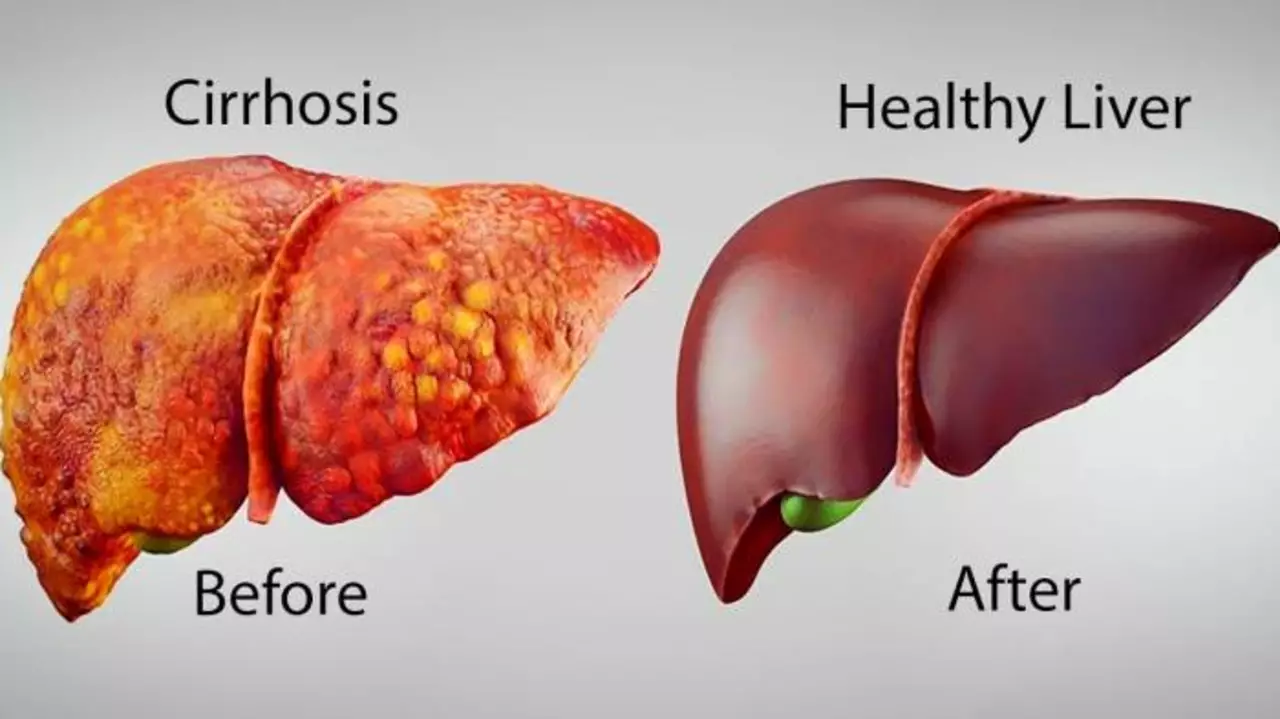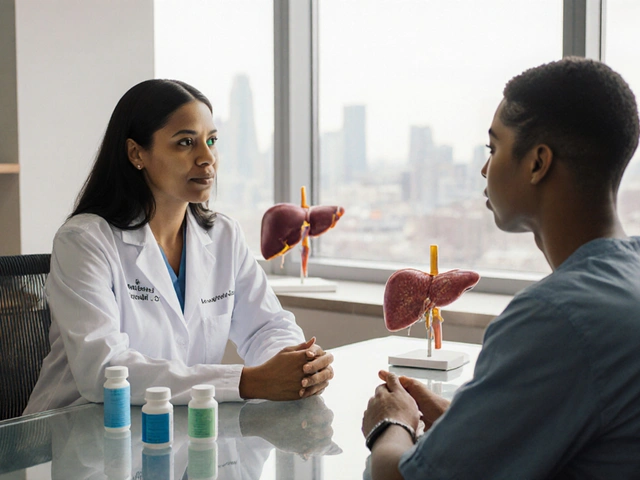Precautions: Safe Steps for Buying and Using Medications
Buying or taking medicine seems simple until a wrong pill, bad batch, or interaction causes trouble. A few smart precautions cut risk a lot. Below are practical checks for online purchases, tips for day-to-day use, and quick actions if something feels off.
Buying meds online: a quick checklist
Ask for a prescription. Legit pharmacies require one. If a site sells prescription drugs without asking, walk away.
Check contact details. Real pharmacies list a phone number, address, and pharmacist. Call if anything feels unclear.
Look for verification. Regulatory seals, third-party reviews, and readable business info matter. Be wary of fake logos and stolen reviews.
Read product pages carefully. Match the active ingredient, dose, and manufacturer to the prescription. Photos can be misleading.
Choose secure payment and track shipping. Use cards or trusted payment services, not wire transfers. Track packages so you know when they arrive.
Using and storing meds safely
Always read the label and leaflet. That gives dose, timing, food instructions, warnings, and common side effects. If anything is unclear, ask your pharmacist or doctor.
Check the bottle before taking any new supply. Look for broken seals, odd smells, discoloration, or loose tablets — those can mean contamination or counterfeits.
Keep a simple list of everything you take. Include prescriptions, OTC drugs, supplements, and herbs. Bring this list to every medical visit so providers can spot interactions.
Pay attention to common interaction red flags. For example: grapefruit can raise levels of some statins; NSAIDs with blood thinners can increase bleeding risk; mixing certain antidepressants with MAOIs can be dangerous. Ask your clinician for specifics related to your meds.
Store meds where they stay dry and cool, away from sunlight and out of reach of children. Avoid storing pills in the bathroom where humidity shortens shelf life. For insulin and other refrigerated meds, follow manufacturer temperature rules exactly.
Special groups need extra care. Pregnant or breastfeeding people, young children, older adults, and those with liver or kidney disease need dose adjustments or alternate drugs. Always check with a clinician before changing or adding medicine.
If you notice serious side effects — severe rash, breathing trouble, fainting, sudden swelling, or signs of bleeding — stop the drug and get medical help right away. For milder problems, contact the prescriber or pharmacist for advice before stopping a medication on your own.
Suspect a counterfeit or wrong product? Save the packaging and photos, don’t use the rest, and report it to the pharmacy and your national regulator. Reporting helps protect others.
Small habits prevent big problems. Keep an updated medicine list, ask questions, verify online vendors, follow storage rules, and report issues quickly. Those few precautions make medication use much safer and more predictable.

Primaquine and liver health: What you need to know
As a blogger, I feel it's essential to share vital information about Primaquine and liver health. Primaquine is an effective medication used to treat and prevent malaria, but it's crucial to be aware of its potential impact on liver health. Some individuals may experience liver damage due to a deficiency in G6PD, an enzyme that protects red blood cells. Therefore, it's important to get tested for G6PD deficiency before taking Primaquine to avoid any possible complications. Always remember to consult with your healthcare provider to ensure the best course of action for your specific situation.
Categories
- Medications (70)
- Health and Medicine (61)
- Health and Wellness (36)
- Online Pharmacy Guides (16)
- Nutrition and Supplements (9)
- Parenting and Family (3)
- Environment and Conservation (2)
- healthcare (2)
- prescription savings (1)



